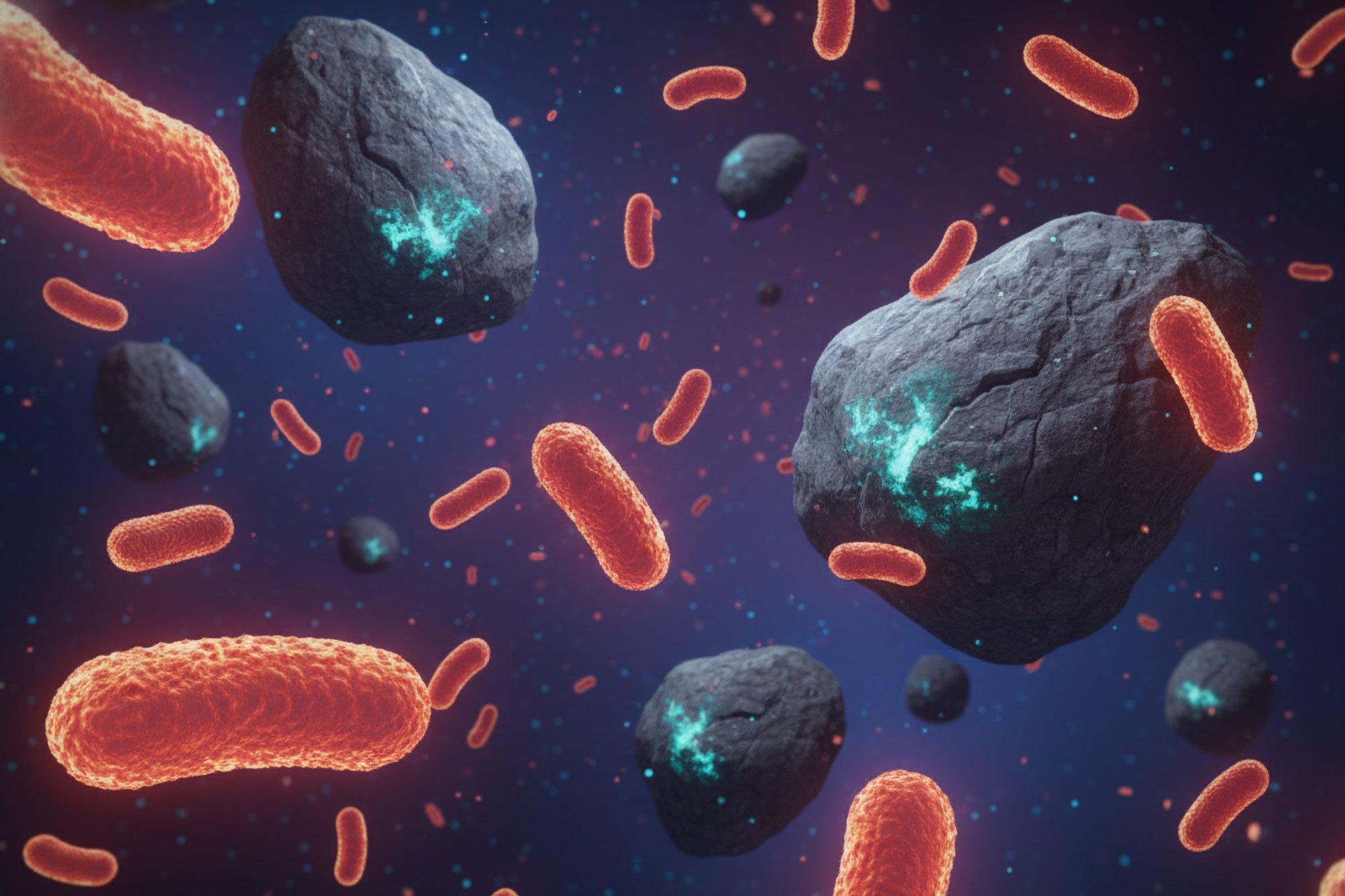Scientists have uncovered a groundbreaking microbial metabolism that could revolutionize how we approach environmental detoxification. Researchers from the University of Vienna, led by microbiologists Marc Mussmann and Alexander Loy, have found bacteria that breathe iron and eliminate harmful sulfide compounds. This discovery opens new avenues for cleaning up pollution and restoring ecological balance.

Breakthrough in Microbial Metabolism
The newly identified microbes use iron minerals as an energy source, allowing them to grow while removing toxic sulfides from their environment. This unique metabolic process means these bacteria can thrive in environments where other organisms struggle, especially in places contaminated by sulfide pollution. These findings provide hope for more sustainable and natural methods of detoxifying environments, such as polluted water bodies and industrial sites.
Potential Impact on Environmental Cleanup
Harnessing these microbes could lead to innovative bioremediation techniques, reducing our reliance on chemical treatments and promoting a healthier planet. The research team’s discovery not only sheds light on the complexity of microbial life but also highlights nature’s potential to solve some of our toughest environmental challenges.
















